<h2> The Genesis of the Jewish Community in Berlin</h2>
<p>Delve into the roots of the Jewish community in Berlin, where, on September 10, 1671, 50 esteemed Jewish families from Vienna laid the foundation for a rich and enduring heritage. This significant move was prompted by Frederick William, the “Great Elector” of Brandenburg-Prussia, who called upon these families to bolster the land's reconstruction following the aftermath of the Thirty Years’ War. These Jewish families from Vienna, recognized as 'Schutzjuden,' were provided protection in exchange for a residence permit, fostering their financial ventures and enabling their private worship.</p>
<h2>The Pioneers of Jewish Presence in Berlin</h2>
<p>Tracing back beyond 1671, Berlin's Jewish history unfolds a tapestry rich in resilience. Jewish settlers arrived in Berlin as early as the 13th century, seeking refuge from relentless persecution post the Crusades (1096). Yet, their northern asylum was short-lived. Accused of spreading the Black Plague in Europe in 1349, they faced expulsion or death. Despite intermittent periods of tolerance, Berlin's Jewish community faced recurring expulsions, especially in 1446, 1510, and finally in 1571. Amid these tumultuous times, the Jews were largely confined to monetary and commercial roles, dwelling within a designated Jewish area, the Grosser Jüdenhof (“Jew’s Court”) and on Juddenstrasse (“Jew Street”).</p>
<h2>Re-establishment of Jewish Existence in Berlin</h2>
<p>After a century-long hiatus, the Jewish community in Berlin began to resurface in 1663 when Frederick William, the “Great Elector,” permitted Israel Aaron, a Court Jew, to enter Berlin. This marked the beginning of a significant shift in Berlin's Jewish history.</p>
<h2>The Resurgence and Evolution of the Jewish Community in Berlin</h2>
<p>The following years witnessed a Jewish revival in Berlin. The establishment of the Alter Jüdischer Friedhof, or Old Jewish Cemetery in 1672, and the inauguration of the first synagogue at Heidereutergasse in Mitte, Berlin in 1714 signified the strengthening of the Jewish community in Berlin. Through centuries, this community enriched Berlin’s cultural and intellectual landscape with notable personalities like Moses Mendelssohn, the influential philosopher behind the ‘Jewish Enlightenment’, world-renowned physicist Albert Einstein, and feminist figure Hedwig Dohm. Despite a dark period under Nazi rule leading to the Holocaust, the Jewish community in Berlin persists, housing over 30,000 members today.</p>
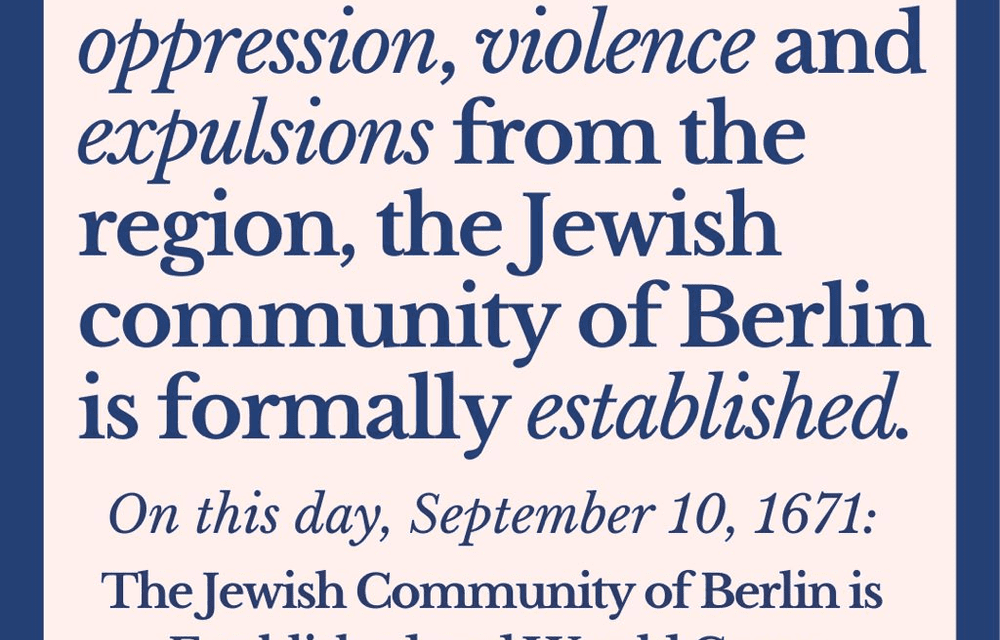






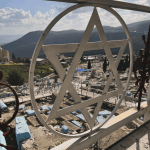
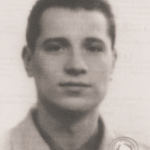
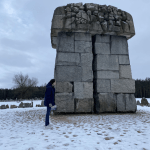
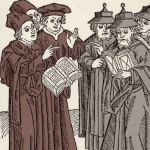


Start the discussion at community.jewishoriginal.com